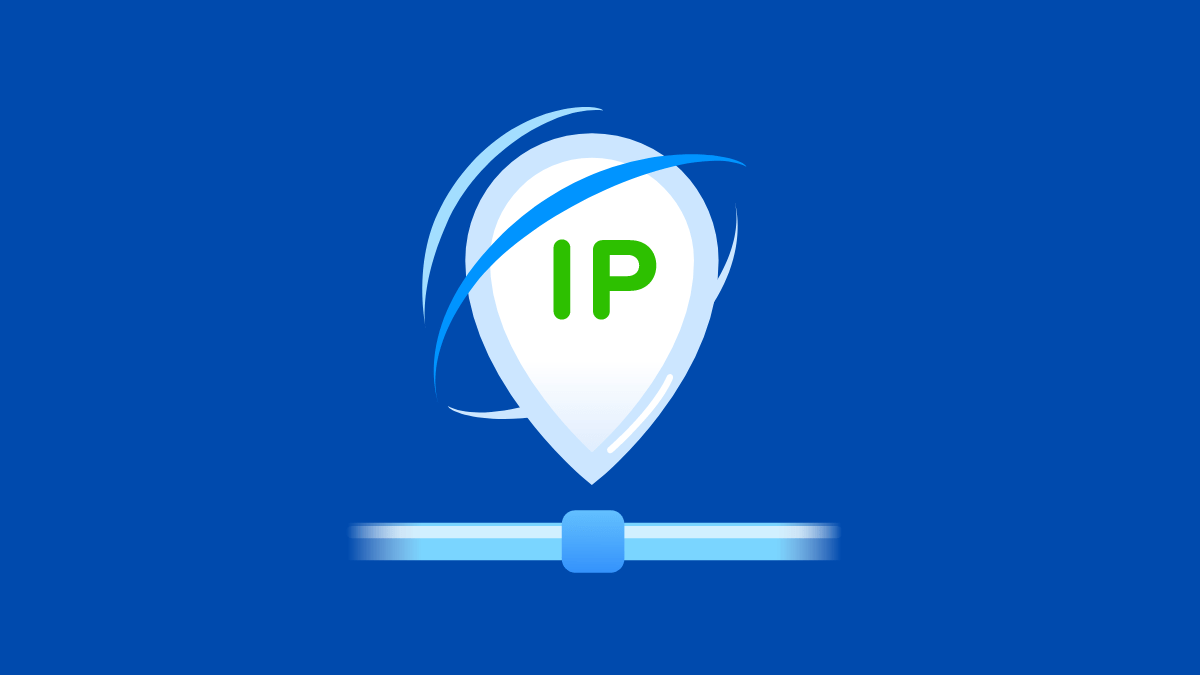In today’s interconnected digital world, the term “IP address” frequently surfaces, but what does it truly mean? In Layman’s term, an Internet Protocol (IP) address is a fundamental component that enables communication between devices on a network. To establish a connection, it uses the IP address to locate the network connected devices.

Now let’s look into other stuff about IP addresses like — nature, types, and significance.
What is an IP Address?
An IP address, short for Internet Protocol address, is a unique identifier assigned to each device connected to a network that uses the Internet Protocol for communication.
Think of it as the digital address for your device, akin to a physical address in the real world. It allows devices to locate and recognize each other, facilitating the transfer of data across the internet. Without a valid IP address, no device can connect to the network.
Structure of an IP address.
IP addresses come in two versions:
- IPv4 (Internet Protocol version 4):
- Format: Consists of four sets of numbers separated by periods (e.g., 192.168.0.1 this is used in routers and basically everywhere to access network settings).
- Range: Each number ranges from 0 to 255.
- Capacity: Supports approximately 4.3 billion unique addresses, which are becoming exhausted due to the growing number of internet-connected devices. To solve that, IPv6 was introduced and in action now.
- IPv6 (Internet Protocol version 6):
- Format: Uses eight groups of four hexadecimal digits, separated by colons (e.g., 2001:0db8:85a3:0000:0000:8a2e:0370:7334).
- Range: Each group can represent numbers from 0 to 9 and A to F. Means it is hexadecimal digits, consists of 0123456789abcdef only.
- Capacity: Offers a virtually limitless number of addresses, enough to accommodate the expanding Internet of Things (IoT) ecosystem.
Types of IP addresses.
IP addresses can be categorized based on their function and accessibility:
- Private IP addresses:
- Used within private networks (e.g., home or office networks).
- Not accessible directly from the internet.
- Examples: 192.168.x.x, 10.x.x.x.
- Public IP addresses:
- Assigned by your Internet Service Provider (ISP) for internet access.
- Globally unique and can be reached over the internet.
- Static IP addresses:
- Remain constant and do not change over time.
- Useful for hosting servers and websites.
- Dynamic IP addresses:
- Temporarily assigned by a DHCP server and can change periodically.
- Commonly used by ISPs for regular internet users.
How IP addresses work?
When you connect to the internet, your device is assigned an IP address, either by your ISP (for public IPs) or your router (for private IPs). This address acts as a return address for the data packets your device sends and receives.
Here’s a simplified explanation of the process:
- Request: When you type a website address into your browser, your device sends a request to the server hosting the website.
- Routing: The request travels through a series of routers and switches, using the IP address to find the most efficient path.
- Response: The server receives the request, processes it, and sends the requested data back to your device’s IP address.
Importance of IP addresses.
IP addresses are crucial for several reasons:
- Connectivity: They enable devices to communicate and share information over the internet.
- Identification: They help identify devices on a network, ensuring data reaches the correct destination.
- Security: IP addresses can be used to track malicious activities and enforce security measures.
- Geolocation: They can provide approximate information about the geographical location of a device, aiding in services like localized content delivery and online advertising.
Protecting your IP address.
Given the importance of IP addresses, safeguarding your IP address from misuse is essential. If you have got a dedicated IP address, then it is more prone to risk as open ports may get hit by online attackers. So use some safety measures.
Here are a few tips:
- Use a VPN (Virtual Private Network): A VPN masks your IP address, encrypting your internet connection to protect your privacy.
- Firewalls and Antivirus Software: These tools can help protect your device from unauthorized access and potential cyber threats.
- Avoid Public Wi-Fi: Public networks can be insecure, making it easier for attackers to intercept your data.
Conclusion.
An IP address is a vital element of modern digital communication, serving as the unique identifier for devices on a network. Understanding how IP addresses work, their types, and their importance can help you navigate the digital world more securely and efficiently.
Whether you’re setting up a home network or simply browsing the web, being informed about IP addresses is a key aspect of digital literacy.
Leave a Reply